Water is an essential resource that we use in our daily lives. However, did you know that we waste a significant amount of water every day? With the world’s population growing, it’s more important than ever to conserve water. So, what can we do to reduce waste water and be more water-wise?
Water scarcity is a global issue that affects millions of people. According to the United Nations, by 2025, half of the world’s population will be living in water-stressed areas. This highlights the importance of taking action to conserve water and reduce waste water.
Starting to reduce waste water doesn’t have to be difficult or expensive. By making a few simple changes to your daily routine, you can make a significant impact on water conservation. In this article, we will discuss some practical and easy-to-implement tips on how to reduce waste water and be more water-wise. Let’s get started!
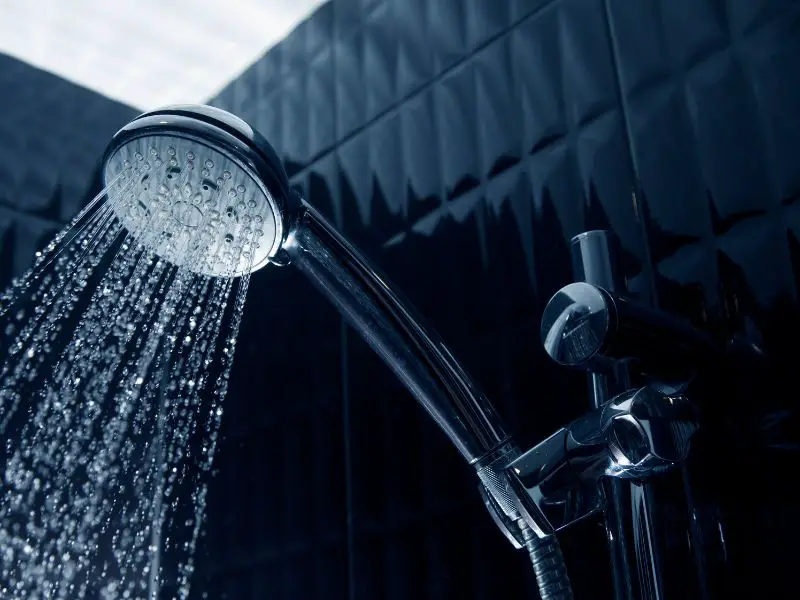
What’s Water Efficiency
You can save a substantial amount of water, money, and future water supplies by making a few minor adjustments to your daily routine. But if you want to reduce your water use consciously, here are some questions to ask first:
- What can you do to lessen the strain on municipal water systems?
- How much water is needed for a specific task or purpose?
Think about what you can do to stop wasting and only use what you need.
- Is your faucet or toilet leaking?
- When you wash your teeth or do the dishes, do you turn off the water or keep it running?
- Are you over-watering your lawn?
- How much water did you need to complete the task?
These are some questions you should ask yourself and fix if there’s any issue as soon as possible. Although it might seem small, these tasks build the habit of reducing wastewater in the long term, leading you to contribute to the water problem.
Related: How to Compost at Home, How to Reduce Food Waste, How To Reduce Waste
How To Reduce Waste Water
One of the most significant sources of water waste in most homes is showering. The average person spends around 41 minutes in the shower. This may not seem like a lengthy time, but think about how much water the shower uses over its life. This is equivalent to more than 100 gallons which could save you lots of money over time. Here are simple tips to save water and money that can go a long mile.
- Install low-flow shower heads and faucets in the kitchen and baths. WaterSense-labeled products use 20-70% less water than their standard counterparts without compromising performance.
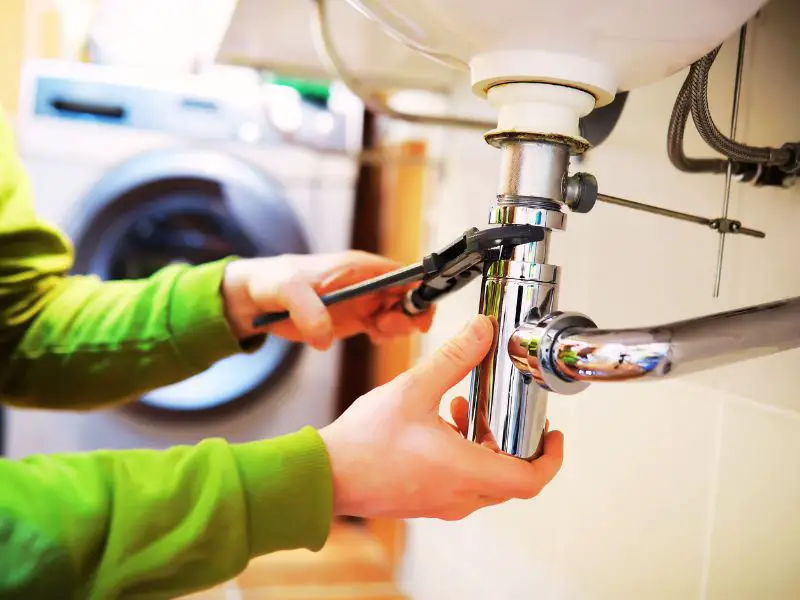
- Water your lawn no more than twice a week. Use a rain gauge to figure out when to water your lawn.
- Use a bucket of water instead of running water while cleaning greasy dishes. Use microfiber cloths that can be washed and reused instead of paper towels.
- Fix leaks and repair dripping faucets. Check for leaks around your toilet, pipes, and water heaters—seal air leaks around doors and windows.
- Only water your lawn or garden when there’s an upcoming storm or when it’s already windy. Water in the early morning or evening to lessen evaporation from the soil and water lost to transpiration from plants.
- Use automatic shut-off sprinklers. Set your sprinkler timer for the appropriate time -enough to water evenly and not overwatered). Also, repairs or adaptations to your sprinkler system should not be undertaken on your own; contact a professional to ensure installation/repairs are done correctly.
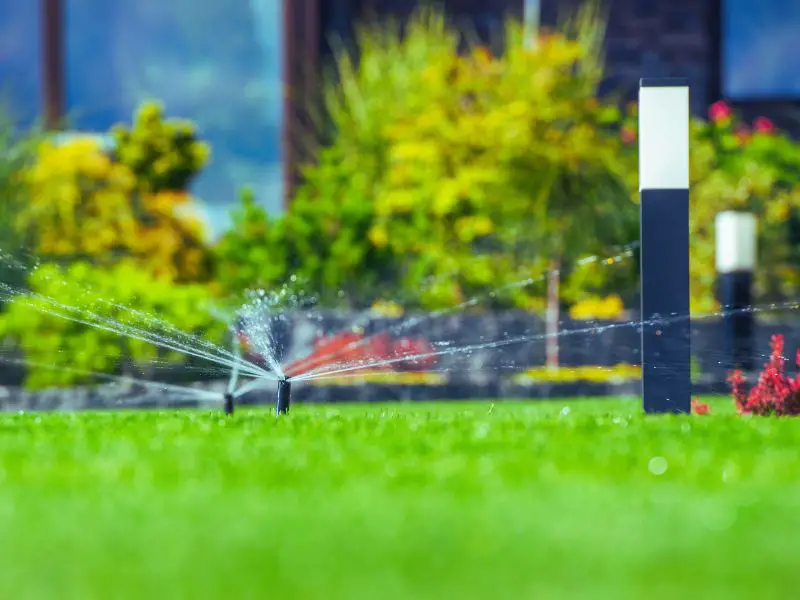
- Please don’t wash your car every day unless you wash it with rainwater. This will save massive water – enough to fill an Olympic swimming pool!
- Use water only when needed, like when you’re doing the dishes or cleaning the house. If you want to wash your car, turn your hose to a slow trickle.
- Replace your toilet with an ultra-low flow toilet or a regular toilet with a dual flush kit. This will save up to 12,000 gallons of water per year.
- Even better, install a compost system in your backyard. Composting is a great way to reduce garbage, produce nutrient-rich soil, and save a TON of water watering the plants!
- When you need to do laundry, try using cold water instead of hot water. Hot water savings can amount to up to 90 gallons per month.
- Run your dishwasher only when it’s full. If you must run it less often, prewash the dishes by hand before loading them in the dishwasher.
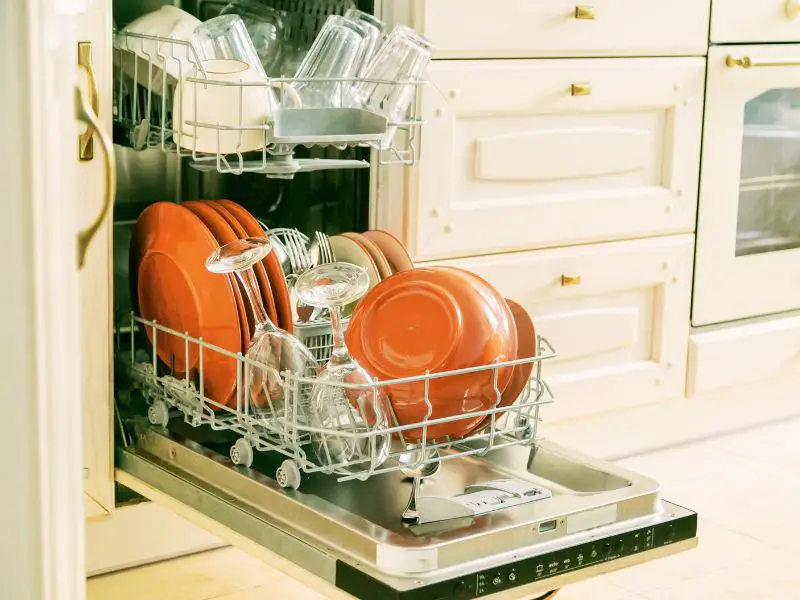
- When taking a shower, turn your shower off while lathering and instead rinse it off with a bucket of water.
- When washing clothes, use a washing machine’s warm water cycle and run the washing machine only when it’s full.
Why We All Should Reduce Waste Water?
Running out of water is no laughing matter and is one of today’s biggest dangers. Aside from affecting our everyday life, it could threaten the survival of us all. The world’s population is snowballing, and by 2050, scientists have projected that there will be 10 billion people – that’s 2 billion more than the eight billion today! With the additional people come additional needs, the most important of which is water.
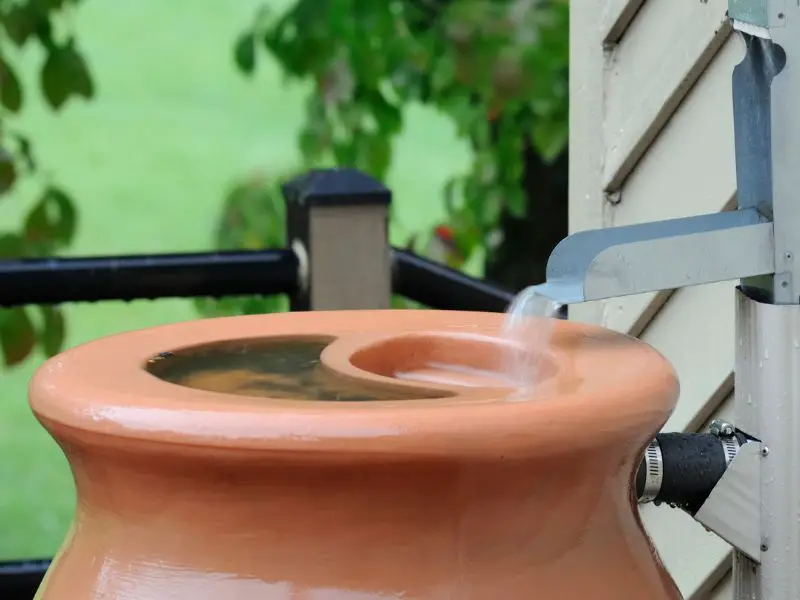
So, to address the limited water supply and growing population, we must change our way of living to save as much water as possible. Here are some benefits of saving water.
- By using less water, you’ll save money by paying lower water bills.
- Using less water will also decrease your energy consumption.
- Running your dishwasher and fewer loads of laundry will save you utility bills.
- Lessening the use of water will also reduce the need for sewage treatment plants.
- Using rainwater can also help you save money.
- Lessening the need for clean water and recycling water allows for more clean water to be available for drinking.
- Lessen waste by recycling greywater (water from the shower).
Water is our most critical resource and the lifeblood of our planet. So let’s protect it! You can start by saving water today with these simple tips, and in the meantime, we can also work together to build a sustainable environment, ensuring a healthy and happy future for all.


1 thought on “The Water-Wise Way How to Reduce Waste Water”